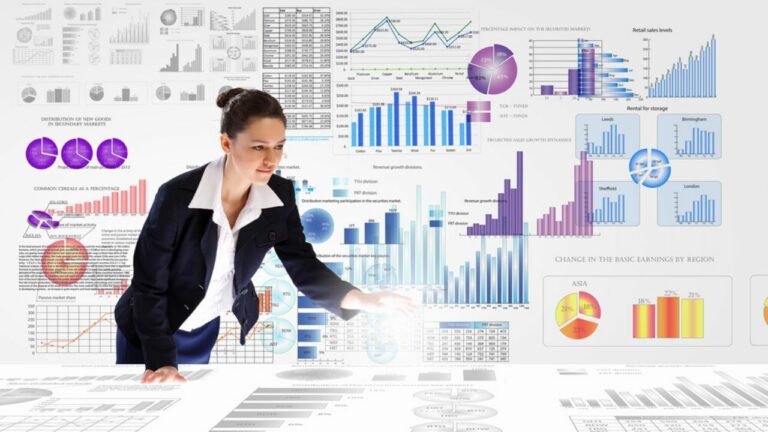How to Integrate Automation & the Human Touch in Accounting Processes
Accounting is one of the most tedious and time-consuming tasks in any business. Deadlines enable faster work but the stress of the job increases chances of error. Thankfully, it is no longer the 1990s and automation is here to aid your accountants in this crucial season. Companies can still save on the costs and reduce the time spent on processing the different aspects of accounting. Automation allows you to streamline your company’s accounting and invest in cost-efficient resources.
Many businesses have integrated the benefits of automation into their accounting processes. According to a 2015 survey by the Institute of Management Accountants, two-thirds of the respondents said automation would help engage them more in financial processes and improve the flow and usability of the information to line-of-business decision-makers. The survey also indicates that despite this suggestion, only 32% of accounting processes were automated in 2015. Some of the automated processes were (in order of respondents with these processes automated):
- Accounts payable
- Journal entry creation
- Accounts receivable/billing
- Bank reconciliations
- Reporting
Note that automation won’t replace your employees. Automation complements the human touch of your system, as it minimizes errors and increases their productivity to focus on tasks that are outside of the automated processes’ objectives, such as the development of strategic initiatives and other analytics. Machine learning enables the system to process high volumes of data using techniques that also predict outcomes. With accurate data on hand, your accounting and finance department can make better recommendations to grow your business.
Here’s how you can start integrating automation to benefit your business.
1. Use A Document Management System For Your Audit Documentation
Both the auditor and the accounting department will have a daunting task of sifting through countless paper documents. Do away with this archaic system. Convert your paper documents into digital and start digitizing incoming records.
%20-%2010252019.png)
A document management system prepares you for an audit, as it organizes all the paper that would have otherwise been filed in a cabinet. It allows your accountants to respond faster to audit requests and organize the necessary business information from the documents. The entire team is prepared with digital records and the proper management system allows the audit to be streamlined for everyone involved.
2. Streamline Your Monthly Close Process
Automating your monthly close process saves everyone the trouble of going over minor details. With an automated system integrated into this integral process, the accounting department can focus on reporting the implication of the numbers once they have the data that is computed at a faster rate. Apart from speed, automation also improves the accuracy of information from the monthly close process. While you’ll need to deliver the information fast, the data must also be accurate and worth trusting. Automation ensures speed and accuracy are delivered without compromising the data.

3. Use A Bookkeeping Software
Accounting automation need not be a complicated, high-technology process. Using bookkeeping software lets you amass large amounts of data at a faster pace. On this software, financial transactions and payments are only recorded once. Repeated transactions only require one click to be completed. All the tedious work that would have been slower in a manual process is done in a few minutes. This automation software can be applied to client and tax payments, as well as complex account payments, which are done through your business.

4. Speed Up The Approval Of Invoices
Automation improves your invoicing with faster approvals. While doing this manually may seem cheaper for a small business, errors such as losing documents and slower approval times occur if done manually. Automating your approvals enables faster receipts of digital invoices and ensures all approvals are sent to the appropriate channels or individuals on time.
5. Integrating The Human Factor In Automated Data
Your company can’t rely on automated data alone to get the job done. You’ll need a team of experts to walk you through the automation system and processes, as the human mind is still what manages and makes recommendations based on the information given. We recommend outsourcing such expertise to a reliable company. Hiring a third-party company means delegating such a specialized task to those with experience in automated accounting. They can study your current system and see which processes would need automation the most.
Infinit-O is the trusted customer-centric and sustainable leader in Business Process Optimization to Small and Medium businesses in the Financial Services, Healthcare and Technology sectors by delivering continuous improvement through technology, data and people.






This site is protected by reCAPTCHA and the Google Privacy Policy and Terms of Service apply.